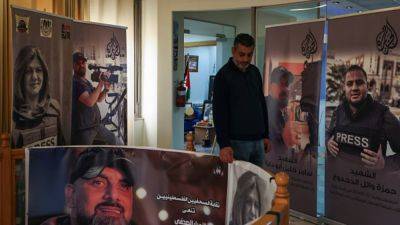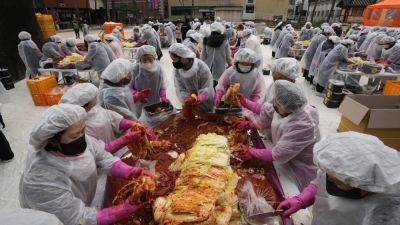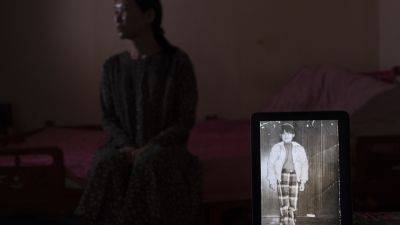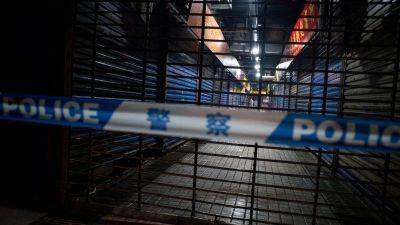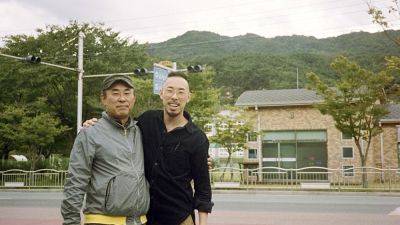Takeaways from AP’s story on the role of the West in widespread fraud with South Korean adoptions
Western governments eagerly approved and even pushed for the adoption of South Korean children for decades, despite evidence that adoption agencies were aggressively competing for kids, pressuring mothers and bribing hospitals, an investigation led by The Associated Press has found.
Now adults, many of those children have since discovered that their adoption paperwork was untrue. Their quest for accountability has spread far beyond Korea’s borders to the Western countries that claimed them, and is upending international adoption.
The AP, in collaboration with Frontline (PBS), spoke with more than 80 adoptees in the U.S., Australia and Europe and examined thousands of pages of documents to reveal evidence of kidnapped or missing children ending up abroad, fabricated names, babies switched with one another and parents told their newborns were gravely sick or dead, only to discover decades later they’d been sent to new parents overseas.
Here are the findings:
Some Western governments pressured South Korea to keep sending babies
South Korea’s adoption program started with the unwanted children of Korean women and Western soldiers from the 1950-53 Korean war, and then included the children of single mothers, the poor and others. In the West, access to birth control and abortion had caused the supply of domestically adoptable babies to plummet, and Western families were desperate for Korean children.
In 1974, South Korea tried to stop adoptions to Scandinavia, after its political rival, North Korea, charged that children were “being sold like animals in the foreign land.” South Korean government records from the time show that diplomats from Sweden, Denmark and Norway began begging for babies.
“The adoption of Korean orphans


